Population Health News Roundup: May 2022
JoAnne DyerIAPHS Members in the News
NYU Langone is launching a program to screen children for hearing loss. The community-based program will screen children from immigrant families with lower incomes in Sunset Park, Mineola, and other immigrant neighborhoods. (NY Langone Health NewsHub, April 5, 2022)
Jason Houle and Katrina Walsemann in the American Journal of Preventive Medicine: Having new debt or consistently unpaid student debt are linked to cardiovascular disease inequalities in the U.S. (May 3, 2022)
Rita Hamad in Pediatrics: “School segregation was associated with worse outcomes on several measures of well-being among Black children, which may contribute to health inequities across the life span.” (April 18, 2022)
Sandro Galea in the Journal of Public Health Management and Practice and in his newsletter, The Healthiest Goldfish, on abortion as a public health issue and the disparities associated with abortion, which may worsen if Roe vs. Wade is overturned. (May 5, 2022)
Health Disparities & Equity
More mental healthcare for Black students is needed: Black students at mostly white campuses experience racism that can harm their health and well-being, but fewer are getting culturally competent mental health treatment. (Kaiser Health News, April 1, 2022)
Oprah and the Smithsonian Channel tackle health disparities: The Color of Care discusses racial disparities in healthcare in the United States. Watch the trailer here.
Telemedicine not much of a cure for health disparities: In some communities, access to high-speed Internet connection or a laptop aren’t available, and technology know-how may be lacking. (Fox26 Houston TV discussing a study in the Journal of General internal Medicine, February 2, 2022)
Built Environments
 Can we get to zero traffic deaths? The Safe System approach suggests some ways to get there, including helping underserved communities, installing roundabouts, and putting roads on diets. (Hopkins Bloomberg Public Health magazine, April 15, 2022)
Can we get to zero traffic deaths? The Safe System approach suggests some ways to get there, including helping underserved communities, installing roundabouts, and putting roads on diets. (Hopkins Bloomberg Public Health magazine, April 15, 2022)
Paris is tackling urban noise: Noise pollution is linked to cardiovascular effects, disrupted sleep, and even gut microbiota. Some Parisians have had enough. (Bloomberg CityLab, April 26, 2022)
Park access and mental health during the pandemic: “Park access was associated with better mental health among children and parents, and more parent physical activity and parent-child co-participation in outdoor activity.” (BMC Public Health, April 21, 2022)
Environmental Health & Justice
Project will tackle climate resilience and disaster preparedness in South Seattle: Several groups are partnering to “assess public health emergency preparedness and response” in areas already experiencing higher rates of poverty and pollution. (University of Washington DEOHS, April 20, 2022)
Program will increase greenspace in in Black and brown neighborhoods in Philadelphia: To “promote health equity and environmental justice,” the Deeply Rooted project will green up over 1,000 vacant lots, planting trees and building miniparks. Grants will be awarded, too. (Penn Medicine News, May 11, 2022)
Methane gas leaks are more likely to be in low-income communities and communities of color: These leaks can make people sick and are part of an “infrastructure injustice” across the U.S. (Chemical and Engineering News, May 11, 2022, citing a study in Environmental Science & Technology)
Policies & Programs
Washington State is the first state to try an LTC insurance program: Lawmakers retooled a law that will provide a $36,000 long-term care insurance benefit that begins its first payout in 2026. (Kaiser Health News, April 18, 2022)
Unemployment insurance mitigates opioid death rates: The study’s authors state that “the harmful effects of job loss on opioid overdose mortality decline with increasing state unemployment insurance benefit levels.” (Demography, April 1, 2022)

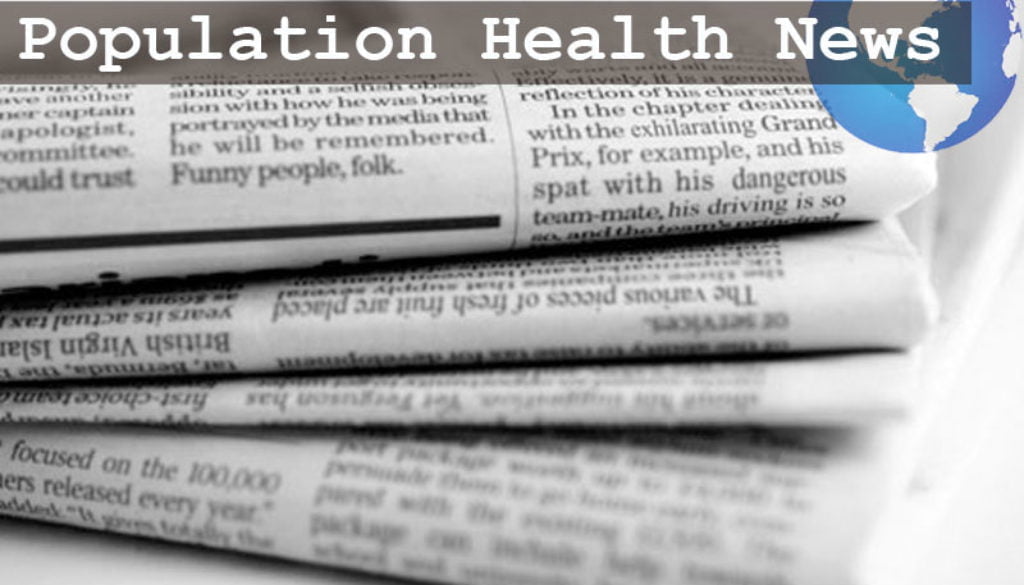
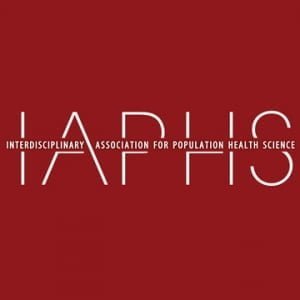
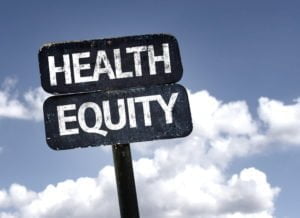
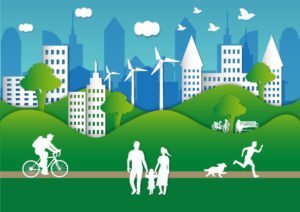
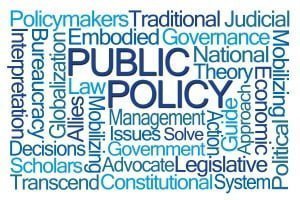


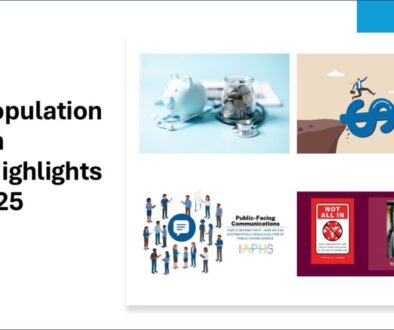
All comments will be reviewed and posted if substantive and of general interest to IAPHS readers.